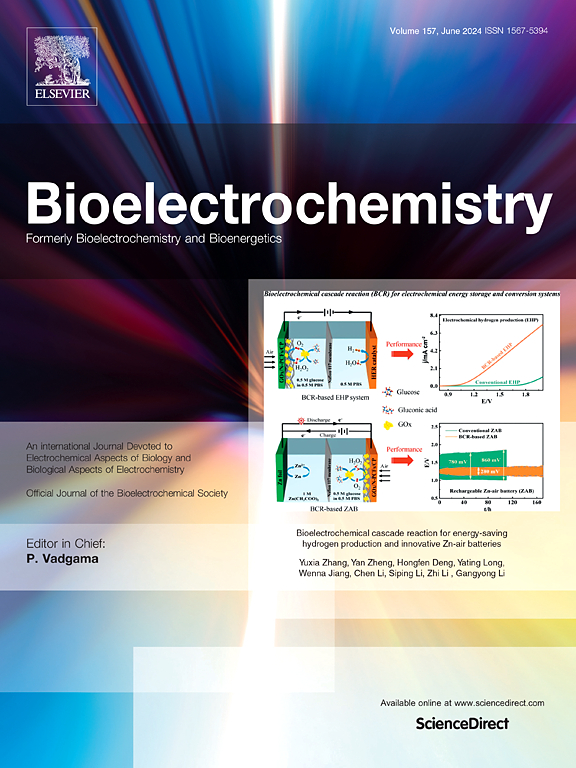Early social isolation differentially affects the glucocorticoid receptor system and alcohol-seeking behavior in male and female Marchigian Sardinian alcohol-preferring rats
Abstract
Adverse early life experiences during postnatal development can evoke long-lasting neurobiological changes in stress systems, thereby affecting subsequent behaviors including propensity to develop alcohol use disorder. Here, we exposed genetically selected male and female Marchigian Sardinian alcohol-preferring (msP) and Wistar rats to mild, repeated social deprivation from postnatal day 14 (PND14) to PND21 and investigated the effect of the early social isolation (ESI) on the glucocorticoid receptor (GR) system and on the propensity to drink and seek alcohol in adulthood. We found that ESI resulted in higher levels of GR gene and protein expression in the prefrontal cortex (PFC) in male but not female msP rats. In female Wistars, ESI resulted in significant downregulation of Nr3c1 mRNA levels and lower GR protein levels. In male and female msP rats, plasma corticosterone levels on PND35 were similar and unaffected by ESI. Wistar females exhibited higher levels of corticosterone compared with males, independently from ESI. In alcohol self-administration experiments we found that the pharmacological stressor yohimbine (0.0, 0.312, 0.625, and 1.25 mg/kg) increased alcohol self-administration in both rat lines, regardless of ESI. After extinction, 0.625 mg/kg yohimbine significantly reinstated alcohol seeking in female rats only. ESI enhanced reinstatement in female msP rats. Overall, the present results indicate that repeated social deprivation during the third week of postnatal life affects GR expression in a strain- and sex-dependent manner: such effect may contribute, at least partially, to the heightened sensitivity of female msP rats to the effects of yohimbine-induced alcohol seeking.

 求助内容:
求助内容: 应助结果提醒方式:
应助结果提醒方式:


